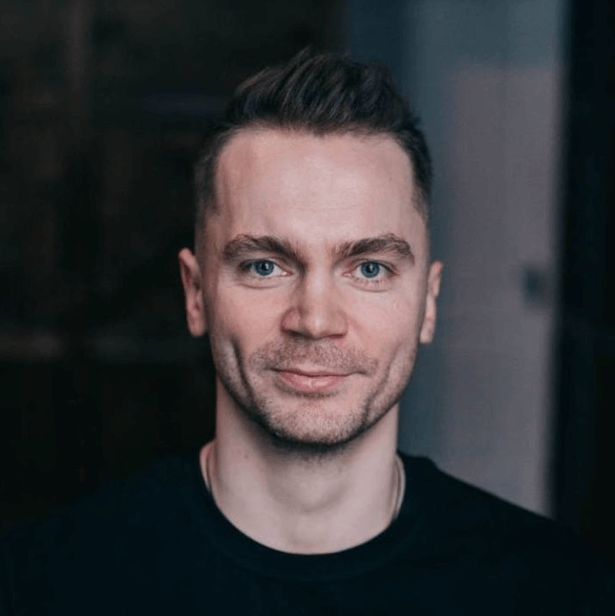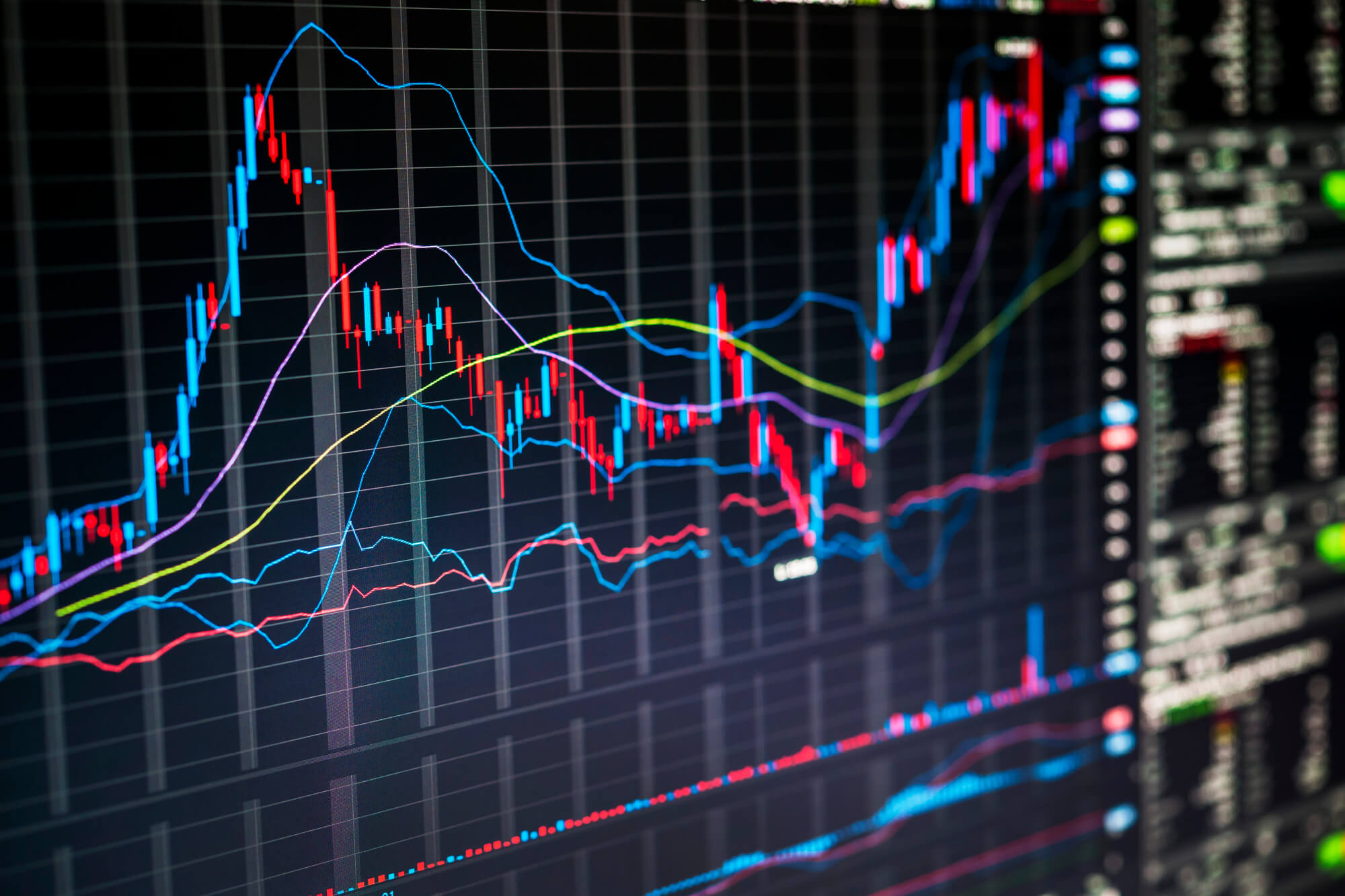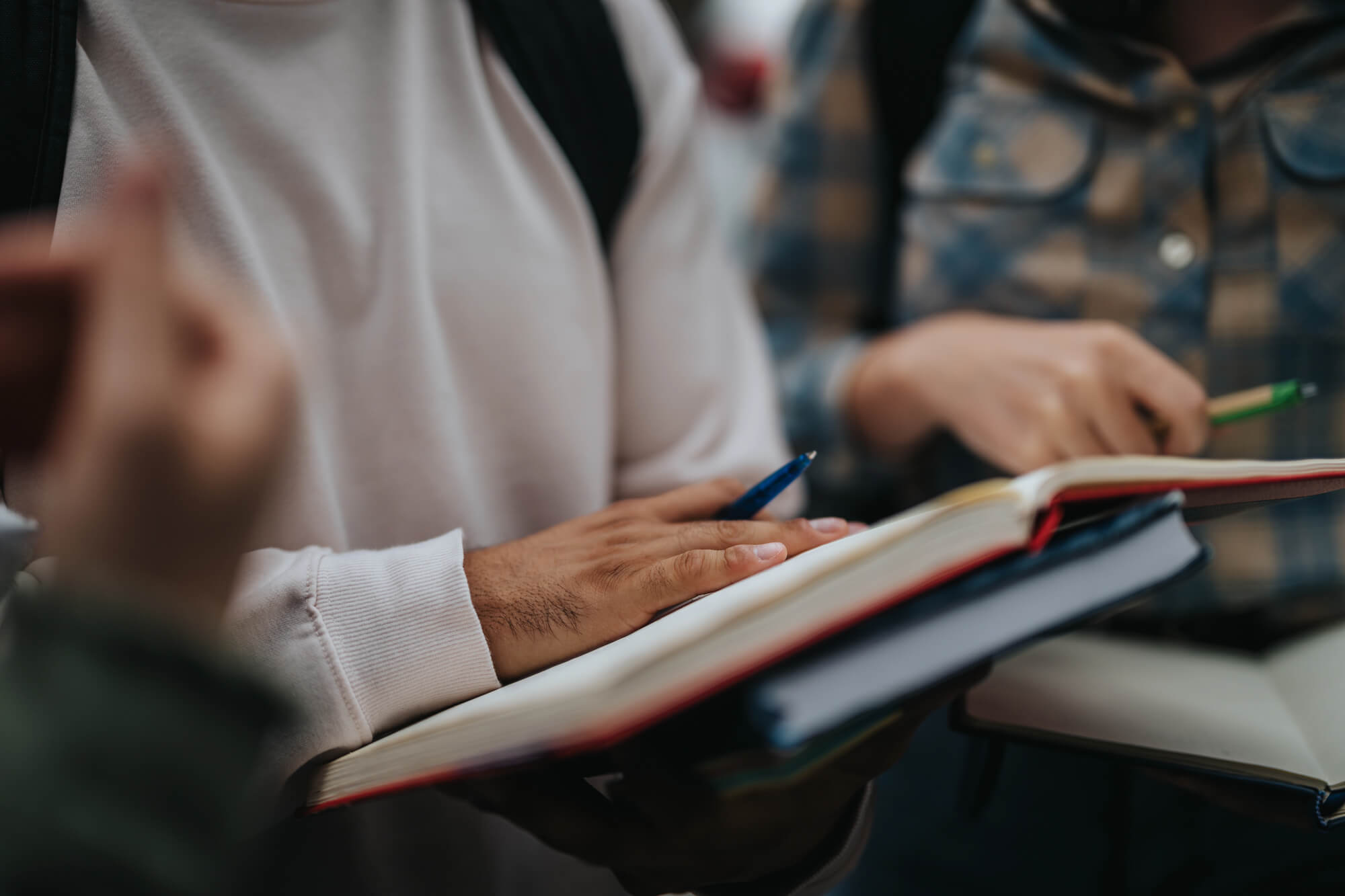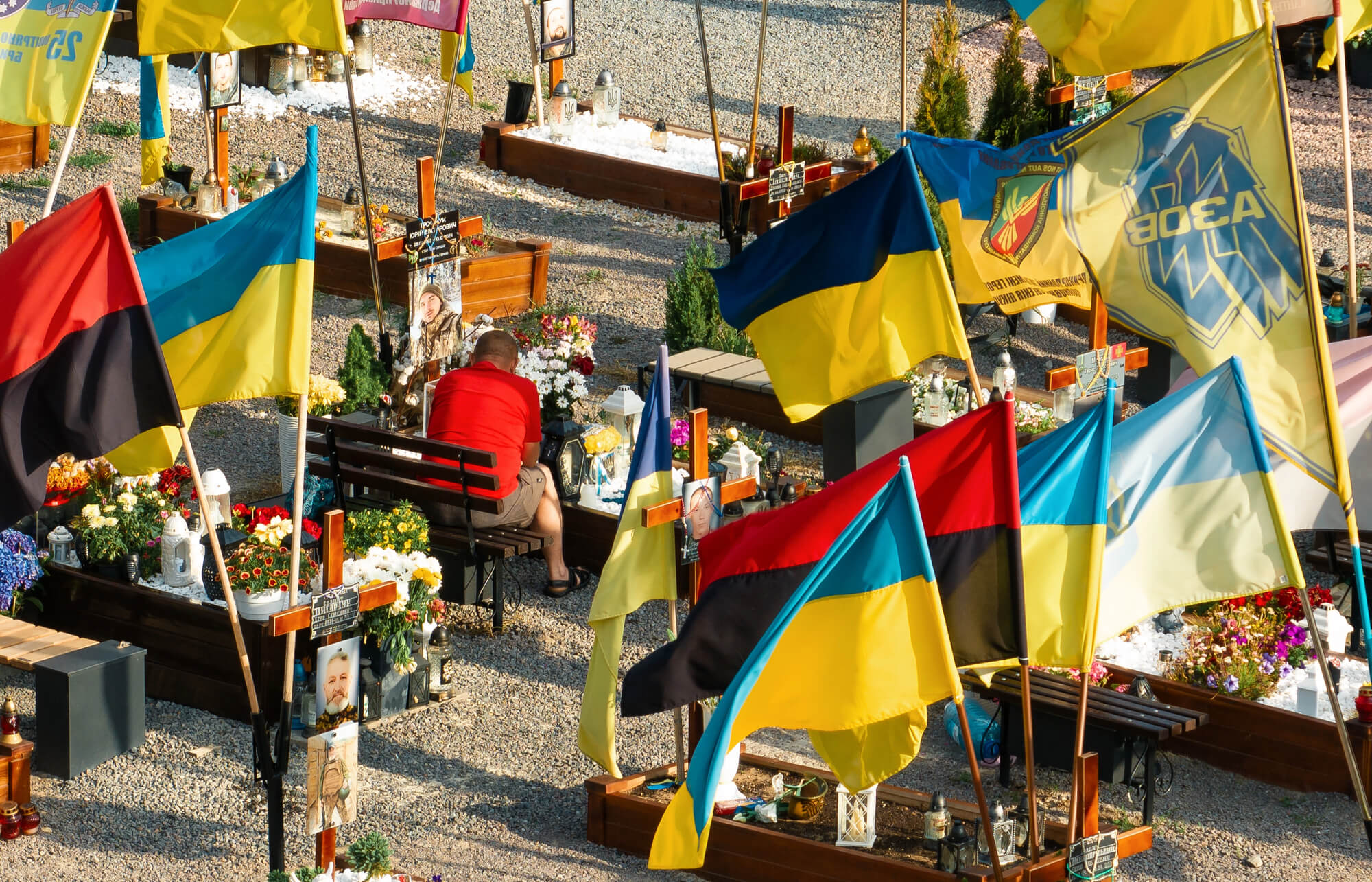The new episode of the “Reconstruction” podcast is dedicated to judicial reform. We are talking with Mykhailo Zhernakov, the Chairman of the Board of the DEJURE Foundation, about who judicial reform depends on and what needs to be done to ensure that it actually takes place.
We thank Alina Krupyanyk, the Reform Index project assistant, for transcribing the conversation.
Without the rule of law, which includes fair and independent courts, there can be no strong economy and no effective army. There is no developed country in the world without fair courts. This is the foundation. It directly affects the protection of human rights. In addition to economic development, courts are primarily responsible for ensuring justice in society.
Why has judicial reform not happened yet?
The general answer is that it does not happen overnight.
We had nearly a century of occupation within the Soviet Union. We inherited a system from there that served the party and the government and was not independent. We hardly changed it in the first 20 years of independence, and now we ask why it doesn’t change instantly. The answer is that it is a lengthy process.
Also, I cannot say we did not make mistakes when trying to change it. For example, it turned out that blindly copying decisions from other countries is not viable because those countries are currently in different situations.
For example, after the Revolution of Dignity in 2016, we introduced judicial self-governance at the constitutional level. This means judges themselves decide everything related to their careers. This system works very well in Western European countries where judges enjoy trust and ensure justice. Our Western partners, including the European Union and the Council of Europe, greatly influenced the introduction of judicial self-governance. At the time, without fully understanding that we couldn’t simply copy their system, they said our judges were not politically independent enough. They suggested we should adopt their approach. Since it works for them, they believed it would also work for us.
Honestly, even we believed in it for some time. That’s because we saw the main problem as the dependency of judges on politicians. However, we quickly realized that this problem was not the only one.
If judges are already performing well, making fair decisions, and taking care of the system’s purification themselves, then, of course, who else but them should govern the judicial system? Therefore, the introduction of judicial self-governance is a good recipe for maintaining the status quo. However, it is the worst solution imaginable for changing the system. An unreformed system becomes self-contained and sets off a vicious cycle in which bad judges select other bad judges for self-governing bodies, who, in turn, choose more bad judges and fail to dismiss those who have engaged in misconduct. That is why we currently devote a lot of time and attention to establishing proper judicial governance and integrity within the judicial system itself.
Who is implementing judicial reform?
Some argue that the President and the politicians elected by the Ukrainian people are responsible for everything. To some extent, this is true, as candidates propose their programs, and we vote for them. Then they make decisions and are politically accountable for them, so whom else can we blame?
In the Office of the President, the people responsible for judicial reform are not its advocates. Many things have been done against their will, bypassing them—through international partners and through public opinion. It is an inefficient path, but it is the only one we have found to overcome the enormous resistance to judicial reform.
One could argue that if politicians do something that doesn’t work, we elect new politicians who will better fulfill the will of the voters. But then we end up in a cycle: a good president turns into a bad one, then a protest movement emerges, followed by electing a new good president who eventually turns into a bad one again.
Until our country becomes strong and we have built all the institutions, we as citizens also need to take responsibility for implementing reforms. This is the way out of the vicious cycle. That’s why civil society is the main driver of reforms in Ukraine
If we talk about the rule of law, the anti-corruption institutions and infrastructure have been largely built by civil society organizations. If we look at other areas, such as the prosecution service, the legal profession, police reform, and other areas under the Ministry of Internal Affairs, we haven’t heard much about reforms in these sectors in recent years. Why? Because there are no strong civil initiatives that would push and prioritize these issues. In our opinion, in order to successfully reform Ukraine, each of the 35-40 areas of state policy should have two or three strong civil society organizations advocating for change. Therefore, I want to urge everyone with expertise and a desire to work on this to create civil society organizations and strive for change. Those of us who have been working on this for years will assist you. We are currently working on creating an ecosystem for the development of organizations. Expertise and the willingness to make changes are crucial, and the rest will come. Create civil society organizations to drive reforms, and we will work to ensure their rapid growth.
How to build a new system?
We have opened up social elevators as much as possible for individuals who will lead the judicial system and eventually transform it from top to bottom. Changing the system from within is very challenging if there are no external influences.
In constructing the Anti-Corruption Court, we moved away from political control over the judiciary and self-governance and instead engaged independent international experts from developed countries. Essentially, we imported standards of integrity, and the results exceeded our expectations. Out of the 38 judges selected for this court, there were hardly any significant concerns regarding their qualifications and reputation. Of course, no system is perfect, and there have been isolated cases with which our DEJURE Foundation disagrees. For example, Judge Brahina refused to submit an electronic declaration, citing religious objections. However, she uses an electronic digital signature to send hundreds of decisions to the court registry. Surprisingly, the Anti-Corruption Court of Appeals, which usually corrects many questionable decisions of the first instance, in this case, reversed the judge’s verdict. If this practice persists, it could undermine the effectiveness of electronic declaration.
Despite this, it turns out that Ukraine is capable of building a high-quality judicial system with Ukrainian judges and lawyers. To achieve this, it is sufficient to establish a framework for assessing the integrity and a proper competitive selection process that functions effectively. We have also witnessed the positive impact of engaging international experts, but only when they have direct decision-making authority, are free from external influence, and receive support from civil society actors who have been involved in these matters for years and can explain the local context and provide additional perspectives. For instance, why the ban on peaceful gatherings during the Revolution of Dignity is not merely a decision but a significant marker.
This approach sometimes works and sometimes does not when we see the “three plus three” formula: three international experts and three representatives from the same judiciary corporation. In the case of the High Council of Justice and the National Anti-Corruption Bureau, there is certainly room for improvement. As for the High Qualification Commission of Judges and the Specialized Anti-Corruption Prosecutor’s Office, one could argue that it has panned out. However, a 50/50 outcome is not what we should expect from state policies regarding selection for key anti-corruption, judicial, and other positions of significance.
The Constitutional Court
The Constitutional Court is a crucial institution and is more important than all others combined. It is already considering reforms in areas such as anti-corruption, judiciary, healthcare, and land. The issue of elections will also be addressed. There has been information in the public sphere for some time that the government intends to hold all elections simultaneously, but the Constitution effectively prohibits this. Therefore, the government needs the Constitutional Court’s approval, which is why there is currently an intense struggle for the reform of the Constitutional Court.
The Court will also consider matters related to integration with the EU and NATO, as well as the reintegration of territories, which are historic decisions. We cannot allow these decisions to be deliberated by a court that is under government control and lacks independence. Currently, there are five members of the Court who are already under government influence, and there are five vacant positions. If these five vacancies are filled by individuals who are not independent, then throughout the nine-year term of Constitutional Court judges, we will not have an effective and impartial Constitutional Court. As recommended by the Venice Commission and the European Union, the commission responsible for selecting candidates must ensure a genuine preponderance of international experts. By the way, these international experts can also be Ukrainian citizens delegated by international organizations. This model would be even more robust because independent Ukrainian members have a better understanding of the local context.
Trust in the judicial system
There is a claim from the judicial branch that public activists and journalists have fabricated distrust in the courts because people who have never been to court know nothing about them. However, if you ask those who have been to court, there is a 50% level of trust. Of course, any case can be won or lost, so if you ask someone who has won their case, they will be satisfied with the court.
However, the court does not only work for the participants in the legal process; the court works for the citizens as a whole. The court ensures fair rules of the game and that everyone will face just punishment. Overall, public trust is crucial for any institution.
Currently, during the war, only 25% of Ukrainians trust the courts. This is higher than the previous 10-12%. However, trust has increased for all branches of government because people have seen that the state is doing something to protect them, although, unfortunately, this is not yet attributed to the judicial branch. By the way, the notion of “pathological distrust” of Ukrainians towards the state is essentially a myth. There is a state institution that enjoys extremely high trust – the Armed Forces of Ukraine. People see that this state institution operates at such a level that they are willing to literally die for others, and therefore there is no trust issue. The State Emergency Service also enjoys high trust for similar reasons.
So trust in the court is essential, but actions are needed first. It is important to focus not on “ordinary” cases (such as Ivan owing Petro 1000 hryvnias) but on landmark cases. Such cases include those involving PrivatBank, presidential elections, and top-level corruption – cases that affect all citizens. Trust in the court will grow when there are no scandals in such important cases. Therefore, it is currently vital to work towards having honest and competent judges who deliver fair decisions. It is possible to write extensively about how great the judicial system is, but no one will believe it until it produces the one thing it should – justice.
With the support of
Attention
The authors do not work for, consult to, own shares in or receive funding from any company or organization that would benefit from this article, and have no relevant affiliations





